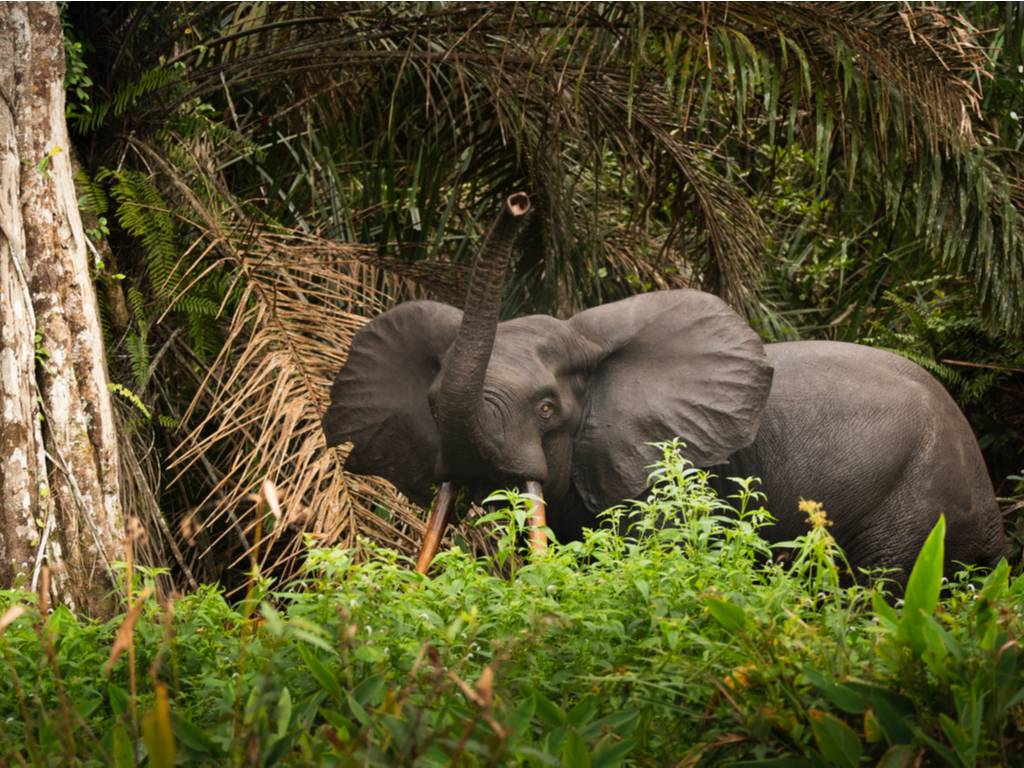A new initiative has been launched to improve the management of natural resources in the Tridom Interzone Congo (ETIC), a joint conservation programme set up by the Congolese government and the World Wide Fund for Nature (WWF) to improve the management of the Congolese part of the Dja-Odzala-Minkébé (Tridom) tri-national zone.
A platform to serve as a space for exchange, dialogue and search for solutions to support the ETIC natural resource management system has been set up. Particular emphasis will be placed on the Messok-Dja forest massif. A natural area that concentrates a rich biodiversity.
“The establishment of a governance platform with the involvement of local communities and indigenous people in the management of local development is a challenge for us, since the departmental council’s programme of activities takes into account participatory management,” explains Jean Claude Nkounkou, the adviser for development and the environment in the local administration in north-eastern Congo.
Several parties involved in the operation of the platform
The natural resource management platform of the Tridom Inter-Zone Congo will bring together local administrations, particularly in the districts of Sembé, Souanké and Ngbala in north-western Congo. The initiative will facilitate dialogue with local communities and indigenous people, collaboration with economic operators and civil society.
The Dja-Odzala-Minkébé National Triangle (Tridom) is a 178,000 km² transboundary forest stretching across Cameroon, Congo and Gabon. The Tridom has a very diverse biodiversity with a large population of forest elephants, gorillas, chimpanzees, buffaloes and sitatunga (antelope).
The Dja Faunal Reserve in south-east Cameroon, Odzala-Kokoua National Park in north-west Congo and Minkébé National Park in north-east Gabon (which form Tridom) are also known as hubs for the poaching of forest elephants and other bushmeat.
Jean Marie Takouleu
